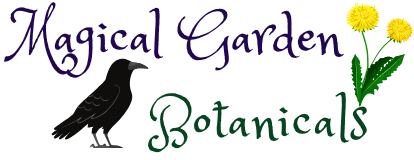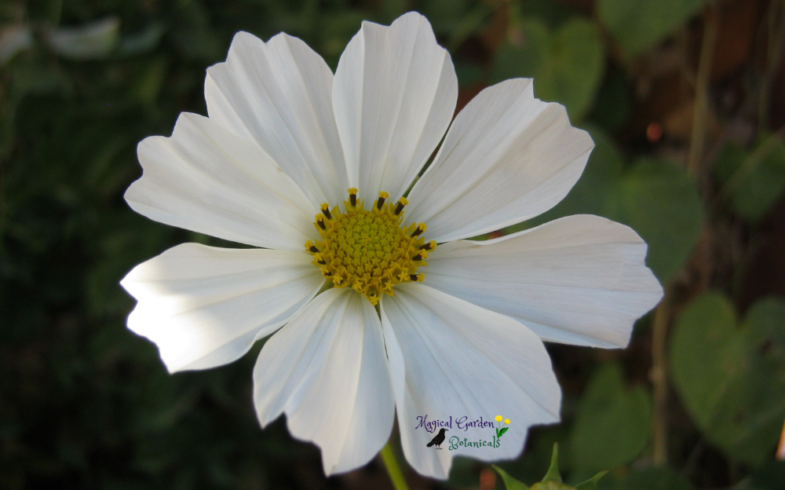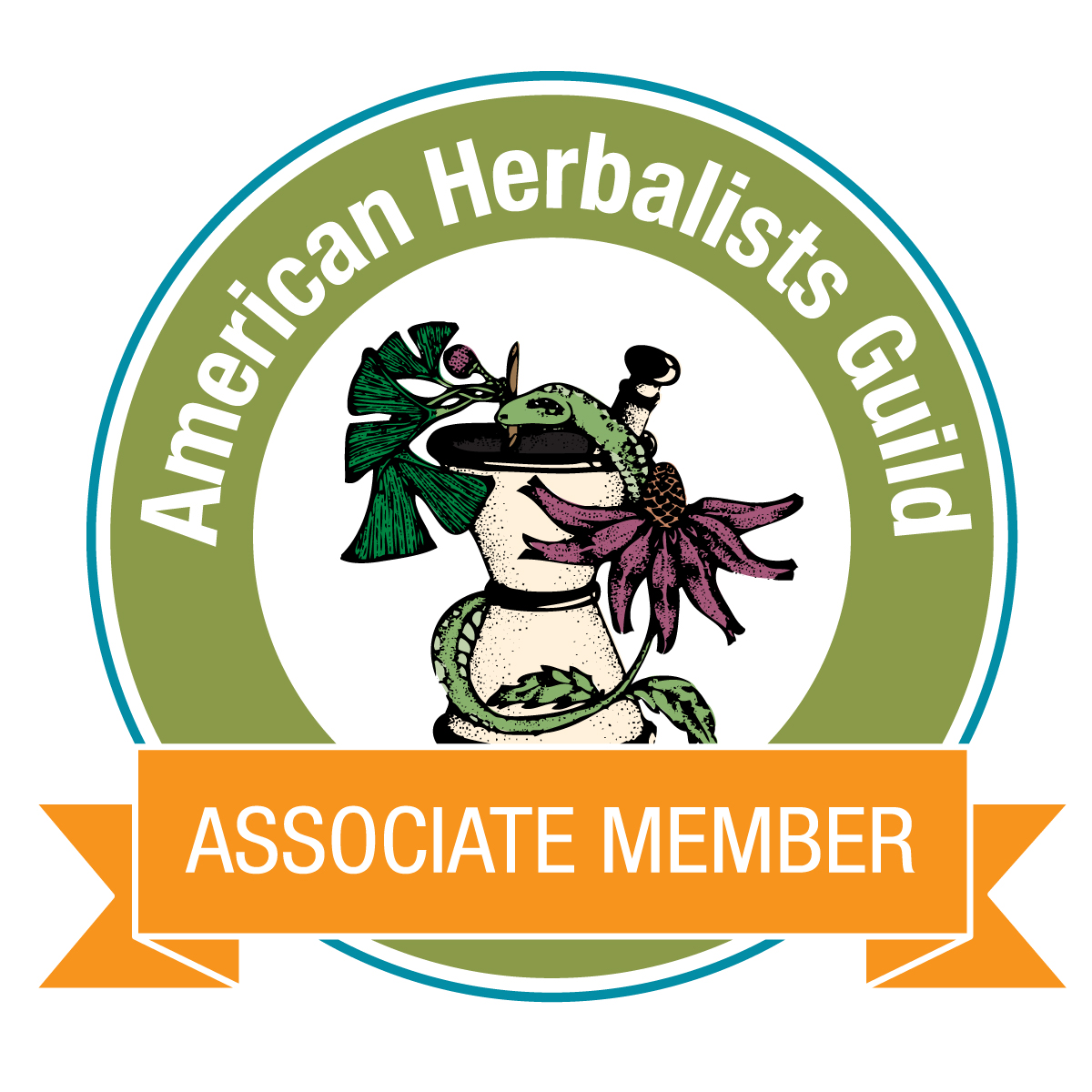Clean Doesn’t Have a Smell
The fresh air, the full moon casting its final glow before the sun comes up, the sound of my breath, and the smell of fabric softener and laundry detergent?
What a way to ruin an early morning run! While I was out the other morning, I just about gagged passing by a home that was doing laundry. And the smell permeated the air for several homes, so I didn’t know which house it was, not that it matters.
Do people think they smell that bad? Don’t most of us shower regularly? And does clean laundry have to smell like a perfumery?
Clean doesn’t have a smell. Dirty, on the other hand, does.
So why are people so conditioned into thinking that your clothing has to have such a strong smell?
Ask yourself this, when you walk down the laundry aisle at the store, how do you feel about how strongly it smells? When you sweat, can you smell your laundry detergent on you or your clothing? On laundry days, can you smell the fragrance from your laundry products- outside? Chances are if you are using conventional store-bought detergent or fabric softener, you don’t notice these things at all. Most likely, you are so conditioned to the fragrance that you don’t even notice it. However, some people do notice how strongly the fragrance is in your laundry products.
What about unscented or sensitive skin products? Ok, that is a start, but you are still cleaning your clothes while damaging the environment and potentially your health. Are you mad yet? You should be! Federal regulations DO NOT require companies that make cleaning products to disclose all the ingredients in their products. They are only required to list the ones that are caustic enough to cause injury.
The following rating is taken from EWG. This is a good starting place to research products. I don’t always agree 100% with EWG’s ratings, but I often start my research on a product there. This is the info for Tide, it was rated an F.
Those are some pretty toxic chemicals with serious health concerns. Thankfully, there are alternatives!
The first one is to not use any laundry detergent. Yes, I did say no laundry detergent. Instead, try a laundry wash ball. These help to break the surface tension of water (pretty much the same thing detergent does), thus allowing the laundry to be “wetter” and clean. You can add some essential oils to the laundry water if you want scented laundry. I used one for a few years and was happy with the results. Remember to pre-treat any stains.
The second option I tried was to make my own. And no, I am not talking about the shred a soap bar kind. That recipe calls for a brand of bar soap that contains ingredients I avoid. The laundry soap I make uses soap nuts. Native to India, soap nuts contain saponin. You can throw a few into a cotton muslin bag and add them to the wash. They last several washes and turn grey when they are used up. Another way to use them is to make tea. This can be a hot or cold infusion. I prefer the cold, add a handful of soap nuts to a muslin bag, fill a large jar with water. I use large pickle jars that a local deli was going to throw out. Close the lid and agitate the jar a few times a day for 2 days or so. When the liquid is brown, then it is ready. Remove the soap nuts, and if possible, compost them. You can also add essential oils to the liquid if desired. Keep the liquid out of direct light and use it within 2 weeks or freeze for longer storage. Use about 2 tablespoons per load.
The third option is to buy a toxin-free detergent. It can be costly and sometimes frustrating to try to wade through the ingredient lists. And that’s if the ingredients are even listed.
The purpose of this blog post is not to criticize. Rather, it is to inspire and empower others to make choices for safe and effective laundry products.
Remember, a healthy planet begins with you!

Daughter of the Earth, Mother of her creations. Ivanna (Evie) doesn’t care for titles, but the ones that fit best are homeschool mom, herbalist, and blogger. Her greatest joy is guiding others to find true wellness within themselves and Mother Earth. When not spending time with her beloved family, she can be found researching everything related to holistic wellness, crafting herbal remedies, or visiting with the plants in the Magical Garden.




